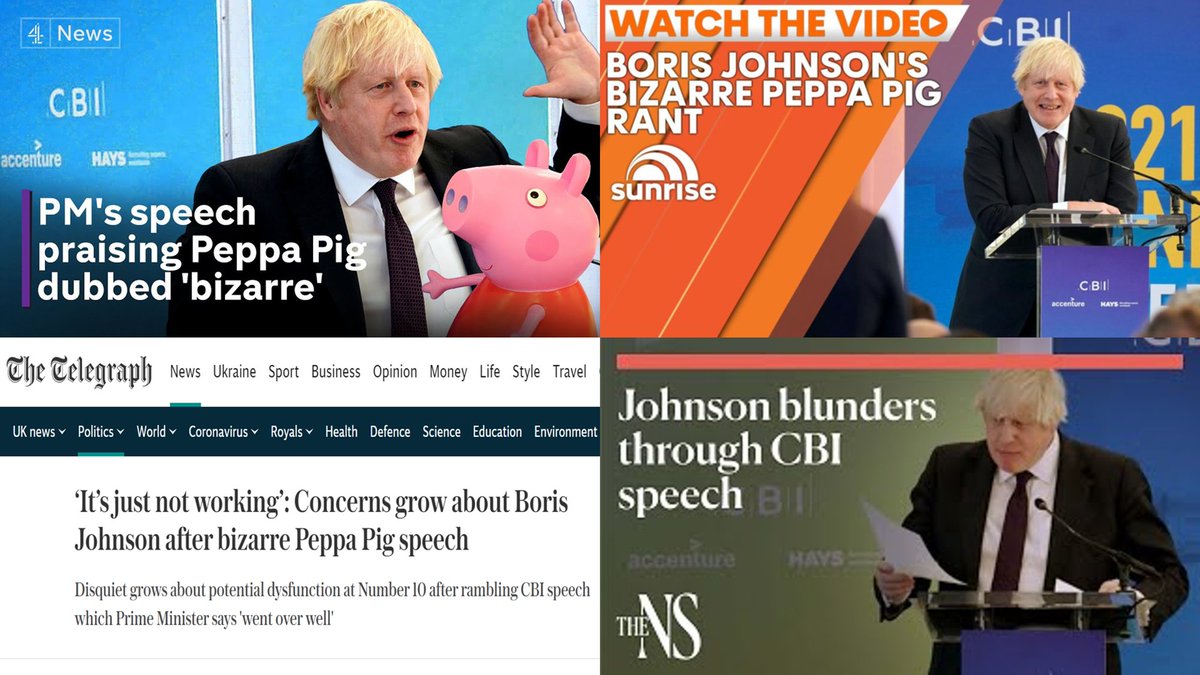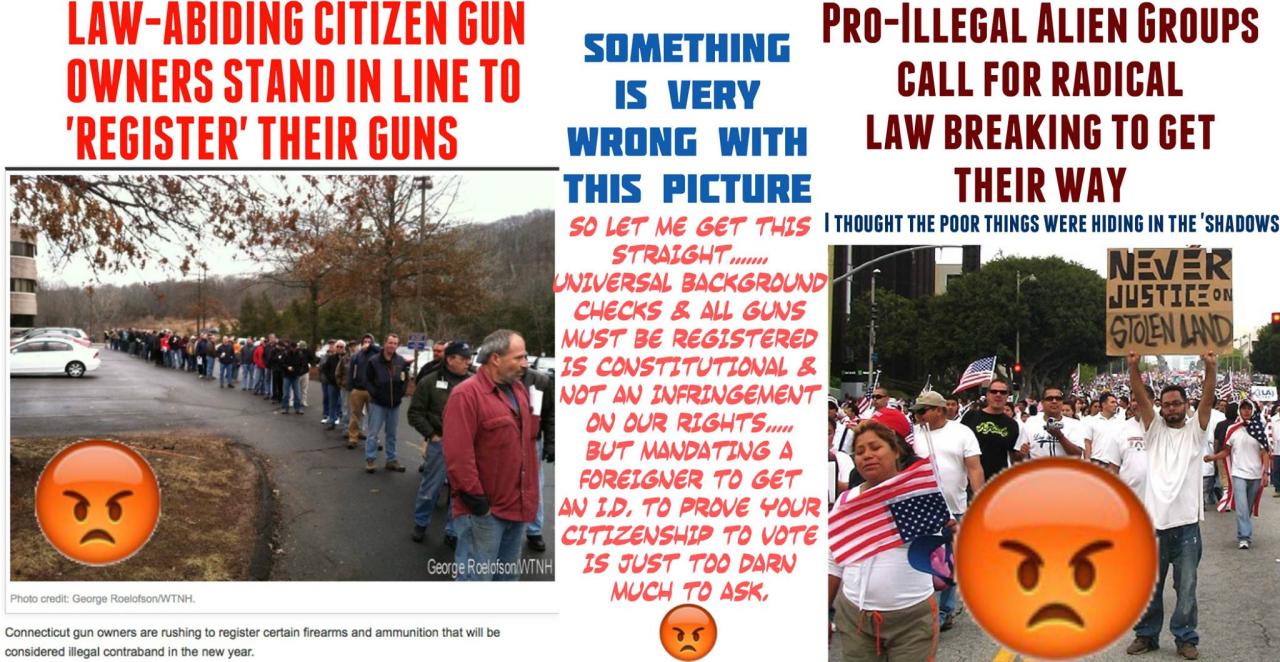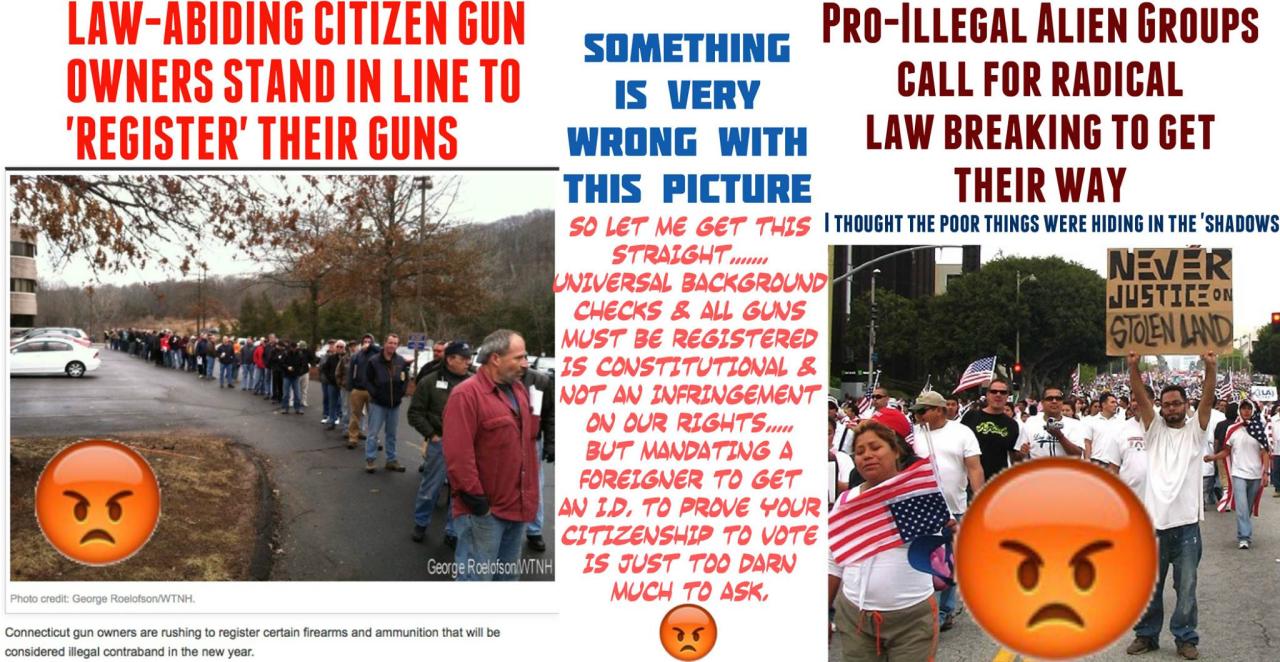Battin rejects ‘extreme’ slur, accuses Labor of running scared – this explosive political clash throws a spotlight on the increasingly aggressive rhetoric shaping the current election cycle. Battin’s accusations of Labor’s cowardice, linked to a specific policy or action (which needs further detail), sparked immediate controversy. The alleged slur itself, though rejected by Battin, further fueled the firestorm, prompting strong reactions across the political spectrum and raising questions about the acceptable boundaries of political discourse.
So, Battin’s rejecting that “extreme” slur, claiming Labor’s running scared – a pretty dramatic accusation! It’s a far cry from the lighter news, like whether Dua Lipa is engaged, check out this article to see the pics: Is Dua Lipa Engaged to Callum Turner? A New Pics Are Making Her. Anyway, back to Battin, it’ll be interesting to see how this political drama unfolds.
The incident unfolded rapidly. Initial media reports focused on Battin’s statement, but quickly shifted to include the alleged slur and the varied responses from Labor and other political figures. Analyzing the language used – the carefully chosen words, their connotations, and the overall tone – reveals a strategic communication battle, where every word carries significant weight. The impact of this event on both Battin’s career and the Labor party’s standing in the upcoming election remains to be seen, highlighting the far-reaching consequences of such high-profile clashes.
Battin’s Accusation and the “Extreme” Slur: Battin Rejects ‘extreme’ Slur, Accuses Labor Of Running Scared

This article analyzes the political fallout surrounding MP Battin’s rejection of an alleged “extreme” slur and his subsequent accusation that the Labor party is “running scared.” We will examine the context of these statements, the media’s portrayal, and the potential impact on the political landscape.
Battin’s “Labor Running Scared” Accusation, Battin rejects ‘extreme’ slur, accuses Labor of running scared
Battin’s claim that the Labor party is “running scared” likely stems from specific policy debates or actions taken by the Labor government. The accusation implies that Labor is avoiding confrontation or crucial decisions due to fear of negative public reaction or electoral consequences. This could relate to various policy areas, depending on the current political climate. For example, it might be linked to a controversial economic reform, a response to a major social issue, or a perceived lack of decisive leadership on a pressing national matter.
Similar accusations of “running scared” are common in political discourse. For instance, during the 2016 US presidential campaign, both Donald Trump and Hillary Clinton’s campaigns employed this tactic against each other, framing the other’s avoidance of certain debates or issues as a sign of weakness or fear. The rhetoric often involves strong, emotionally charged language designed to portray the opposing party as lacking conviction or courage.
While Battin’s statement shares this general approach, the specific context and the target policy will determine the nuance of his accusation and its effectiveness.
In a hypothetical scenario, the “running scared” accusation could be strategically effective if it successfully taps into public anxieties about a specific issue. If the Labor party’s perceived hesitation aligns with voter concerns, the accusation might resonate and damage their credibility. Conversely, it could backfire if the accusation is seen as a desperate attempt to deflect attention from Battin’s own shortcomings or if the public believes Labor’s actions are justified.
The “Extreme” Slur Allegation

The exact nature of the “extreme” slur Battin allegedly rejected needs clarification. However, assuming it falls under the category of hateful speech targeting a specific group based on their ethnicity, religion, sexual orientation, or other protected characteristics, its impact on political discourse is significant. Such slurs contribute to a climate of intolerance and marginalization, undermining the dignity and safety of targeted communities.
Their use normalizes prejudice and hate, making it more acceptable to discriminate against these groups.
So Battin’s rejecting that “extreme” slur, right? Accusing Labor of dodging the issue is a bold move. It’s a completely different kind of pressure cooker than what Nitish Kumar Reddy faced, though – check out his amazing allrounder performance at the MCG; The Nitish Kumar Reddy story: As allrounder shines at MCG, here’s the link if you want the details.
Anyway, back to Battin – this whole thing is heating up fast, and it’ll be interesting to see how it plays out.
Similar slurs have been used in various political contexts throughout history, often with devastating consequences. The use of such language has fueled violence, discrimination, and social unrest. The potential consequences of employing such language are severe, ranging from reputational damage and loss of public support to legal repercussions. The potential for escalating tensions and fueling social division is also considerable.
The responses to the alleged slur would vary depending on the specific slur and the political climate. Below is a hypothetical table illustrating potential responses:
| Party/Commentator | Response | Tone | Perceived Impact |
|---|---|---|---|
| Labor Party | Strong condemnation, call for accountability | Outraged, firm | Positive for Labor, highlighting their commitment to inclusivity |
| Battin’s Party | Weak condemnation, emphasis on freedom of speech | Defensive, ambiguous | Negative for Battin’s party, appearing insensitive |
| Independent Commentator 1 | Analysis of the slur’s impact, call for responsible political discourse | Neutral, analytical | Positive, promoting constructive dialogue |
| Independent Commentator 2 | Defense of Battin, downplaying the severity of the slur | Condescending, dismissive | Negative, further normalizing the use of such language |
Media Coverage and Public Reaction
Initial media coverage likely focused on Battin’s statement, presenting diverse perspectives from political analysts, commentators, and representatives of the affected communities. News reports would likely cover Battin’s defense, Labor’s response, and public reaction to the incident. The narrative would be shaped by the media outlet’s political leaning and its target audience.
A hypothetical timeline might look like this:
- Day 1: Battin makes the statement, initial media reports surface.
- Day 2: Labor issues a formal response condemning the slur and accusing Battin of unacceptable behavior.
- Day 3-7: Ongoing media coverage, public debate ensues, social media reacts strongly. Opinion pieces analyze the incident’s implications.
- Day 7 onwards: The story gradually fades from headlines, though the underlying issues remain a subject of ongoing discussion.
Different media outlets would frame the story differently. Right-leaning outlets might focus on freedom of speech arguments and downplay the severity of the slur, while left-leaning outlets might emphasize the harm caused by hate speech and the need for accountability. Centrist outlets would likely present a more balanced account, incorporating various perspectives.
Impact on the Political Landscape
The incident could have short-term and long-term consequences. Short-term effects might include shifts in public opinion regarding Battin and the Labor party, potentially affecting voter intentions in upcoming elections. Long-term consequences could involve changes in political discourse, policy approaches, and the political careers of those involved.
The potential consequences for Battin could range from minor reputational damage to the end of his political career, depending on the public’s reaction and the actions taken by his party. For the Labor party, the incident could either solidify their image as defenders of inclusivity or expose internal divisions on how to handle such controversies. The outcome depends heavily on how both parties manage the situation.
In a hypothetical scenario, this event could significantly influence the upcoming election if the controversy becomes a major campaign issue. If public outrage over the slur and Battin’s response is strong, it could hurt his party’s chances and benefit the Labor party. However, if the issue fades quickly, its impact on the election might be minimal.
Analysis of Language and Rhetoric
Analyzing the language used by Battin and the Labor party reveals crucial insights into their communication strategies. Identifying key words and phrases, such as “extreme,” “scared,” and any specific terms related to the slur, helps understand the connotations and emotional impact intended. The choice of words reveals their respective aims—to deflect criticism, defend their position, or garner public support.
Similar language has been used in past political campaigns to manipulate public opinion, creating narratives of fear, anger, or resentment. By understanding these rhetorical strategies, we can better analyze the effectiveness of Battin’s chosen rhetoric. The success of his communication hinges on how his message resonates with voters, considering their existing beliefs and concerns. If his message aligns with prevailing sentiments, it will likely be more effective.
Conversely, if his rhetoric is perceived as insensitive or manipulative, it could backfire.
End of Discussion
The Battin-Labor clash serves as a cautionary tale about the dangers of inflammatory rhetoric in politics. While Battin’s rejection of the alleged slur is crucial, the underlying accusations of fear and the broader context of the political climate are equally important. The incident’s impact will undoubtedly extend beyond the immediate fallout, influencing public perception, voter behavior, and possibly the election’s outcome.
Analyzing the strategies employed by both sides, and the media’s role in shaping public understanding, offers valuable insights into the dynamics of modern political communication.
So, Battin’s rejecting that “extreme” slur, saying Labor’s dodging the issue – pretty bold move, right? It reminds me of the outrage in a completely different arena; check out this article about the cricket match where Strikers fume after on-field umpire helps Hobart Hurricanes avoid a controversial call. Both situations highlight how accusations and questionable decisions can really rile people up.
Back to Battin, though – his strategy might backfire if the public doesn’t buy his argument.
Frequently Asked Questions
What specific policy or action is Battin referring to when accusing Labor of “running scared”?
The Artikel doesn’t specify; further research is needed to determine the exact policy or action Battin is criticizing.
What was the nature of the “extreme” slur allegedly used?
The Artikel doesn’t provide the specific slur. Further investigation is required to identify the slur and understand its context.
What is the current polling data showing the impact of this incident on voter support?
Polling data would need to be consulted from reputable sources to determine the impact on voter support.
